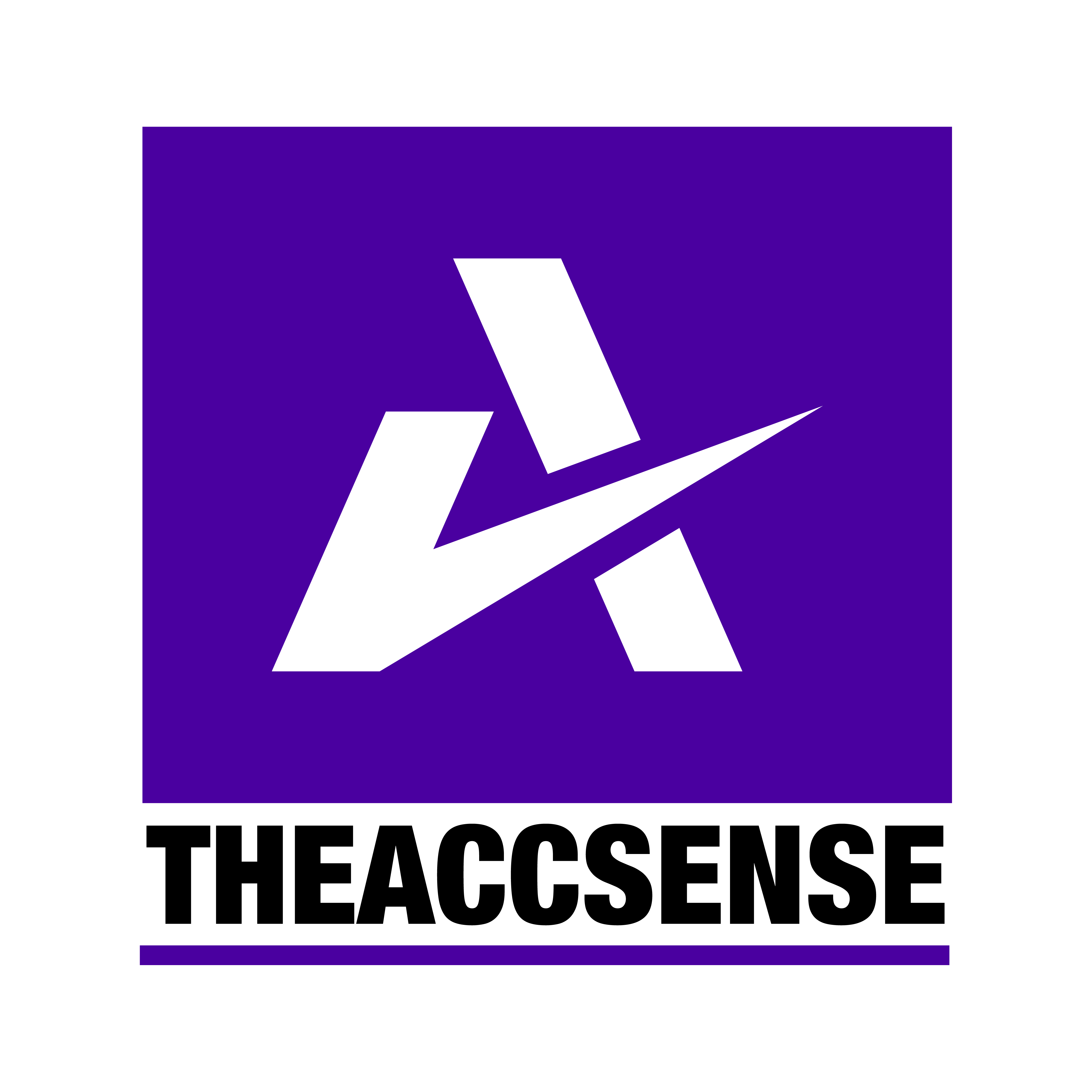In our article Introduction to Islamic Finance, we explained why there is a need for Islamic Finance and how it is different from conventional finance. One of the aspects that we also highlighted is the need for the Muslim community to ensure their business and commercial dealings are consistent with Islamic teaching. In fact, we emphasised the need to ensure the business and commercial dealings do not consist of any prohibited elements in Islam – riba’, maisyir, and gharar.
The prohibition from the prohibited elements is similarly applicable when Muslims or Shariah-compliant companies involve in investments. For instance, when Muslims or Shariah-compliant companies invest in stocks, they have to ensure the companies that they are investing in meeting a certain Shariah threshold. Above all, this is important to ensure the return from such investments come from lawful sources. Let’s take a simple example – Muslim investors generally will not invest in entities that sell alcohol. This is because in this example, it is clear cut that the companies make profits and give returns to investors from the sales of alcohol.
However, there are a lot more companies out there that investors can invest in. But the fact that some of these companies have some sort of mixed source of income makes it more challenging to assess whether they are Shariah-compliant or not. Accordingly, this leads to the introduction of the Shariah screening methodology and benchmarks.
What is Shariah Screening?
To clarify, Shariah screening is a methodology used to determine the Shariah-compliant status of a company. Generally, the methodology is used for investors to determine the Shariah status of a company before investing. Additionally, Shariah-compliant financier or investment companies may also establish their own specific Shariah screening methodology to help them to determine whether to provide financing or to invest in a particular company.
In Malaysia, Shariah-compliant Securities Screening Methodology is issued by the Securities Commission. It is important to note that the Shariah screening is endorsed by the Shariah Advisory Council (“SAC”) of Securities Commission. The screening methodology helps investors to determine which shares listed in Bursa Malaysia is Shariah-compliant. The Securities Commission of Malaysia has also recently released the Shariah screening assessment toolkit to determine the status of unlisted micro, small and medium enterprises. This in fact a good development because the newly released toolkit expands the potential investments that investors can invest on top of the Shariah-compliant listed stocks or securities.
In other jurisdictions, the Shariah screening methodology is also issued by the S&P Dow Jones known as S&P Dow Jones Islamic Market Indices Methodology and FTSE Global Equity Shariah Index. In fact, we are interested to see how different is the Shariah screening methodology adopted by S&P Dow Jones and FTSE as compared to the Securities Commission. Hence, in this article, we provide you with a comparison of the methodology and the Shariah screening benchmarks used by SC, S&P Dow Jones and FTSE.
A comparison of Shariah screening methodology and benchmarks
Let’s take a look on the methodology adopted by the three organisations to screen listed stocks. Then, we will also see what are the benchmarks or threshold sets used by them.
A. The methodology
| Securities Commission | S&P Dow Jones | FTSE |
|---|---|---|
| The screening methodology considers both quantitative and qualitative assessments. For the quantitative aspect, the methodology consists of a two-tier quantitative approach: Business activity benchmarks Financial ratio benchmarks | Stocks are screened using firstly, a sector-based screening, and then supplemented with a stock-based screening scheme. | Using the following screening approach: Business activity screening Financial ratios screening |
B. The benchmarks
SC Shariah screening considers both the quantitative and qualitative aspects. The quantitative aspect is looking at the contribution of Shariah non-compliant activities to the overall revenue and profit before tax of the entity. The qualitative aspect on the other hand, considers the public perception as well as image of the company’s activities from the perspective of Islamic teaching.
Quantitative comparison of Shariah screening
| Securities Commission | S&P Dow Jones | FTSE |
|---|---|---|
| Business activity benchmarks 5% benchmark applies to the following business activities: – Conventional banking – Conventional insurance – Gambling, liquor, liquor-related activities – Pork and pork-related activities – Non-halal food and beverages – Shariah non-compliant entertainment – Interest income from conventional accounts and instruments – Tobacco and tobacco-related activities – Other activities deemed non-compliant according to Shariah 20% benchmark applies to the following business activities: – Share trading, stockbroking business – Rental received from Shariah non-compliant activities – Other activities deemed non-compliance according to Shariah Financial ratio benchmarks Consist of the following: – Cash over total assets – Debt over total assets Both of the ratios must be lower than 33%. | Sector-based screens Income from the following impure sources cannot exceed 5% of revenue: – Alcohol – Tobacco – Pork-related products – Conventional financial services – Weapons and defence – Entertainment (casino, hotels, cinema, pornography, etc) Accounting based screens Debt or impure interest income of all the following must be less than 33%: – Total debt divided by trailing 24-month average market capitalisation – The sum of a company’s cash and interest-bearing securities divided by trailing 24-month average market capitalisation – Account receivables divided by trailing 24-month average market capitalisation | Business activity screening The following business activities are considered Shariah non-compliant: – Conventional finance – Alcohol – Pork-related products and non-halal food production, packaging and processing or any other activity related to pork and non-halal food – Entertainment (casino, gambling, etc) – Tobacco, weapons, arms and defence manufacturing Financial ratios screening The following must be met to be considered as Shariah-compliant: – Debt is less than 33.33% of total assets – Cash and interest-bearing items are less than 33.33% of total assets – Account receivable and cash are less than 50%of total assets – Total interest and non-compliant activities income should not exceed 5% of total revenue |
SC Shariah Screening Assessment for the Unlisted Micro, Small and Medium Enterprises
Since the Securities Commission of Malaysia has just released the Shariah Screening Assessment Toolkit for Unlisted Micro, Small and Medium Enterprises, we also summarised it here for your reading pleasure:
| Business activity benchmarks | Financial ratio benchmarks |
|---|---|
| 5% benchmark applies to: – Conventional banking – Conventional insurance – Gambling – Liquor and liquor-related activities – Pork and pork-related activities – Non-halal food and beverages – Shariah non-compliant entertainment – Interest income from conventional accounts and instruments – Dividends from Shariah non-compliant investments – Tobacco and tobacco-related activities – Other activities deemed non-compliant according to Shariah principles as determined by the Shariah Advisory Council 20% benchmark applies to: – Rental received from Shariah non-compliant activities – Other activities deemed non-compliant according to Shariah principles as determined by the Shariah Advisory Council The above is the benchmark for the Shariah non-compliant businesses/activities to the revenue or profit before taxation (“PBT”) of the entity. | – Riba and riba-based elements within the entity’s statement of financial position must be less than 33% measured by cash over the total asset. – Riba and riba-based elements within the entity’s statement of financial position must be less than 49% measured by debt over total assets. |
There are some differences noted on the benchmarks used for unlisted micro, small and medium enterprises as compared to the listed companies. Additionally, take note that the Toolkit does not take into consideration the qualitative assessment and is purely on the quantitative assessment.
We will continue with other Islamic Finance articles in our next publication. Meanwhile, you can read other relevant articles in the Islamic Finance section.

